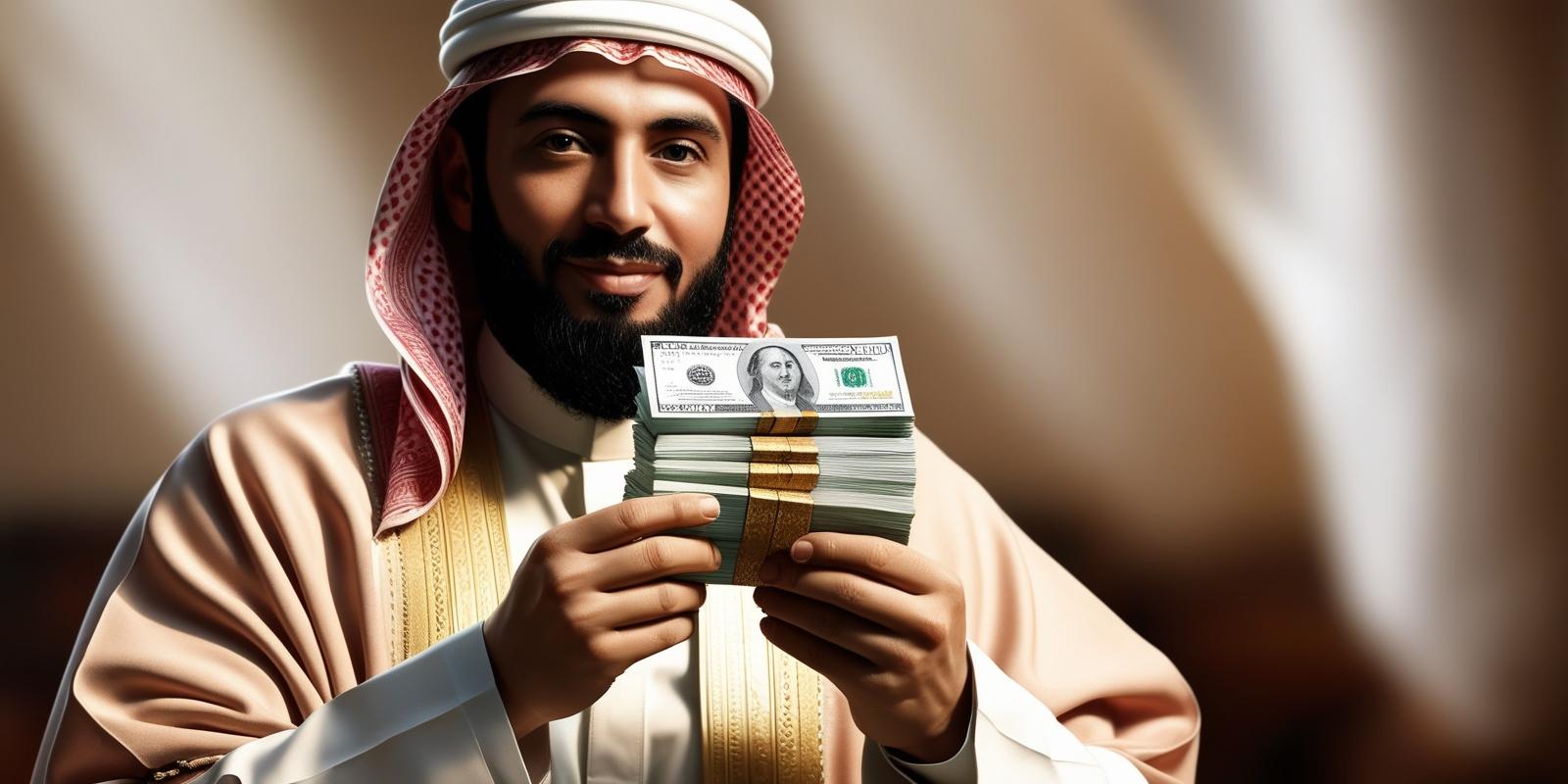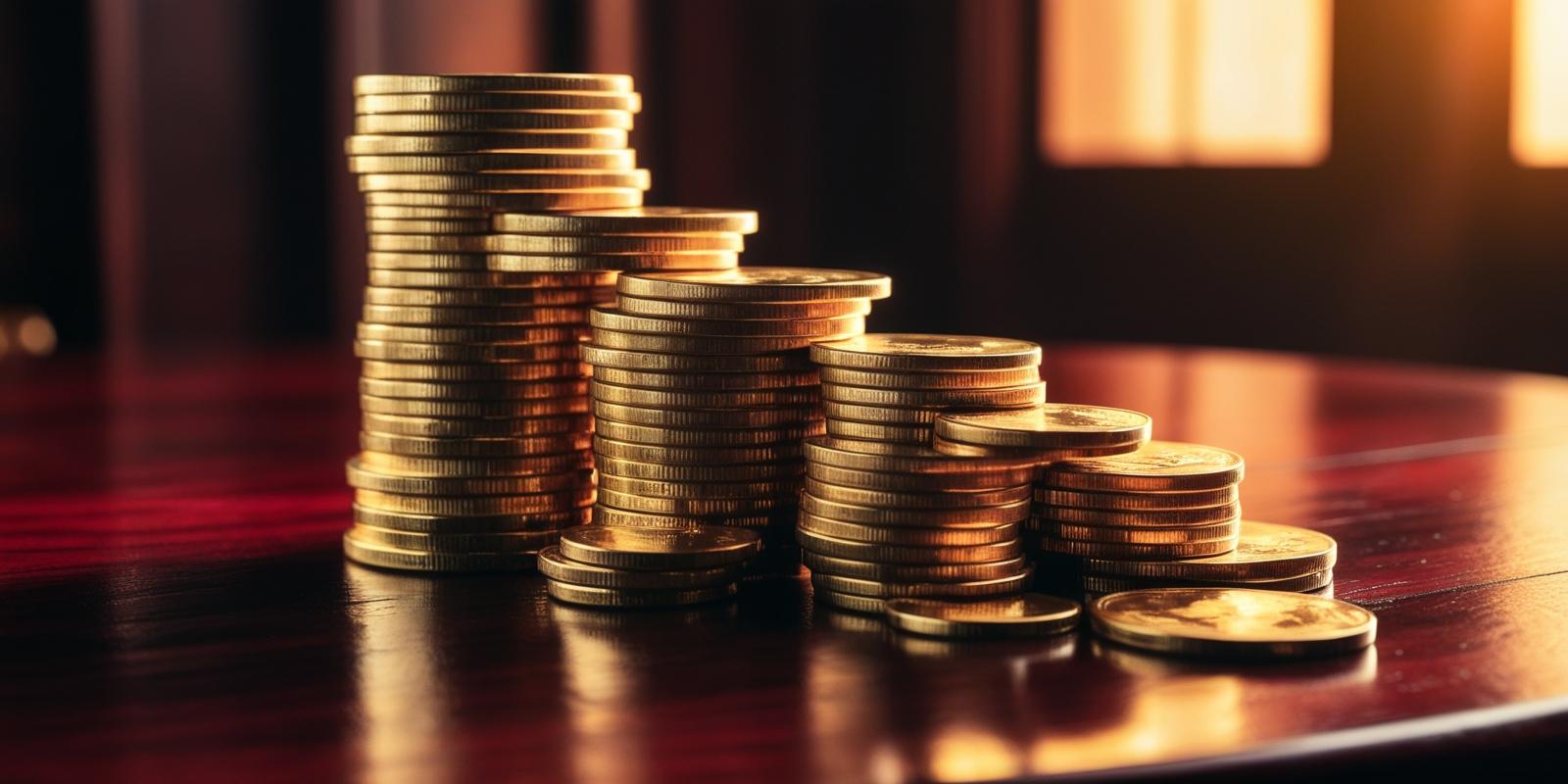Imagine this: You’re 29. You’ve got a decent job. Your friends are buying homes, investing, maybe even planning Hajj. But you… you’re stuck. Drowning in debt. Still renting. No savings. No investment. No plan. And worst of all? No barakah.
Sounds dramatic? It’s not.
Because the truth is—what you do in your 20s will either make you… or break you.
And guess what? Most Muslims in their 20s are making silent financial mistakes—ones that don’t hurt today, but will crush you tomorrow.
But here’s the good news:
Islam has already given us a roadmap to wealth, barakah, and financial stability. You just need to stop doing the wrong things—and start aligning your life with divine wisdom.
Today, I’ll share the 5 critical financial mistakes to avoid in your 20s—with Islamic insights, real talk, and practical steps.
Ready to secure your dunya and akhirah?
Let’s go.
Mistake #1: Delaying Wealth Building
Let me ask you this—
When was the last time you said, “I’ll start saving next month”?
If your answer is “yesterday,” you’re not alone. But here’s the problem: Delaying is the devil’s favorite strategy.
Our Prophet Muhammad (SAW) said:
“Take advantage of five before five… your youth before your old age.” (Mustadrak al-Haakim)
In your 20s, time is your greatest asset. And yet most young Muslims waste it chasing short-term thrills while ignoring long-term growth.
Think about it:
Would you rather spend $20 every week on random takeout—or invest it in halal stocks that could grow into a down payment for your first home?
Funny how we say we trust Allah’s rizq… but don’t trust the math of Islamic compounding.
Start now. Open a halal investment account. Save even $5/week. Start your zakat calculation habit early. Your future self will thank you.
Coming up next… the financial sin that feels like freedom, but traps you for decades.
Mistake #2: Living on Interest-Based Debt
“Just swipe it, bro—it’s just a credit card.”
Sound familiar?
Here’s the ugly truth: Many young Muslims are unknowingly normalizing riba—even when it’s disguised in rewards points and cashback.
Allah declares war against riba.
“…then take notice of a war from Allah and His Messenger.” (Surah Al-Baqarah 2:279)
Imagine this:
You’re working hard, making dua for barakah… but the very money you earn is being drained by interest-based payments every single month.
You’re not spending… you’re bleeding.
Quick quiz—what’s the only war you’ll lose instantly, no matter how much money you make?
Answer: The one Allah wages against you.
Cut your interest-based credit cards. Build a basic emergency fund. If you’re in student loan debt, plan an exit strategy now, not later.
But wait—what if you’re saving… but still staying broke?
Let’s talk about that next.
Mistake #3: Saving Without Purpose (Or a Plan)
Ever saved $500, felt proud… then randomly spent it on a new phone?
That’s not saving. That’s parking money for someone else to take.
Islam teaches niyyah—intention—before every act, even financial ones. So why are we saving without a niyyah?
Don’t just save for the sake of saving. Save with purpose:
• For Hajj.
• For marriage.
• For sadaqah jariyah.
• For starting your own business.
Would you get in a car, start driving, but never enter a destination in the GPS?
Then why are you doing that with your money?
Build intentional saving goals. Give each dollar a job. Use a halal budgeting app that aligns with your values. Give your wealth structure—so it doesn’t vanish.
Now—some of you might be doing everything right…
But still feel empty.
That’s because of the next mistake—and it’s a sneaky one.
Mistake #4: Chasing Money Without Barakah
This one hurts.
You’re working overtime. Side hustling. Crypto investing. Dropshipping.
Yet there’s no peace. No joy. Just burnout.
Why?
Because you’ve been chasing money, not barakah.
The Prophet (SAW) said:
“Wealth is not in having many possessions, but in having contentment of the soul.” (Bukhari)
Barakah is invisible—but powerful. You’ll see it in your time, your income, your family, and your heart.
How do you invite it in?
• Pray consistently.
• Give regular charity, even if it’s $1.
• Avoid haram income.
• Do business with integrity.
You can make $10K/month and feel poor. Or make $2K and feel rich. The difference? Barakah.
Now—if you’ve made it this far, you’re serious. But there’s one more mistake—and it’s the most common trap in your 20s.
Mistake #5: Ignoring Financial Education
Let me be real: Most Muslims were never taught how money works.
We learned calculus.
But never learned how to do halal investing.
We memorized dates of battles…
But never studied how the Prophet (SAW) built wealth through trade and trust.
If you don’t learn how money works… someone will use your ignorance to their benefit.
Your 20s are the best time to learn:
• Read books on Islamic finance.
• Follow Muslim scholars who teach about wealth.
• Take free online courses.
• Read blogs—like this one.
Because once you know better—you do better.
But guess what?
Knowing isn’t enough.
You need to act. Now.
Because your future doesn’t wait.
CONCLUSION: Your Wealth is a Test AND a Tool
Dear reader—
Your 20s are not just a phase. They’re your launchpad. Every dollar, every dua, every decision you make now… builds the life you’ll live at 40.
Don’t let your money control you.
Use it. Grow it. Protect it.
And align it with the Sunnah.
And if you want to learn the secret weapon that wealthy Muslims use to multiply their savings the halal way…
Read our next blog:
[“The Power of Islamic Compounding: How to Build Wealth with Barakah”]
It might just change your life.
Until then—
Spend wisely. Save intentionally.
And remember: Barakah is better than a billion dollars.

